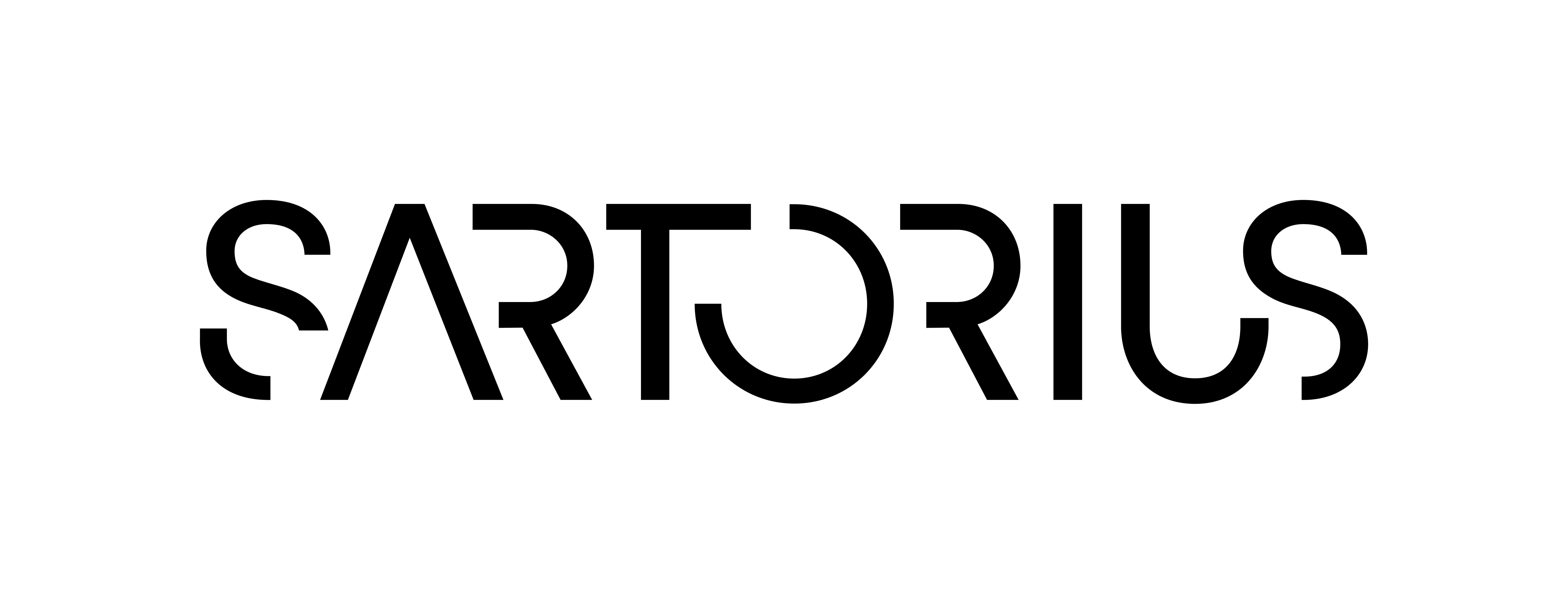Quality by design in mRNA manufacturing: at-line monitoring coupled with DOE for higher IVT yield and efficiency of purification
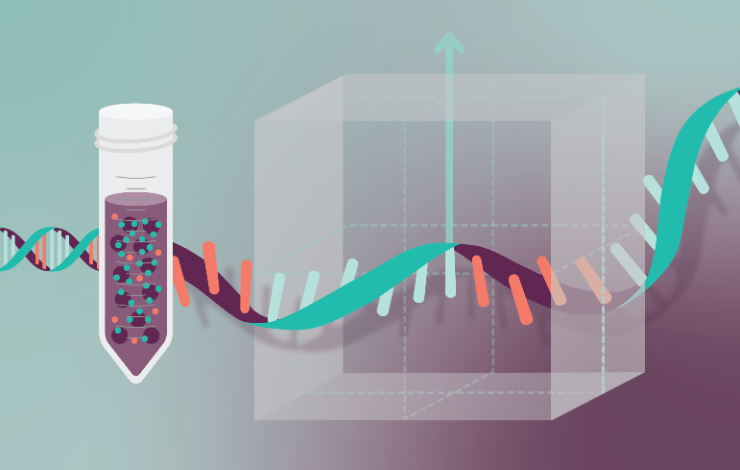
Due to the catalytic, multicomponent nature of the IVT reaction, optimization is a multi-factorial problem, ideally suited to a design of experiments (DOE) approach for optimization and identification of design space. This webinar will describe how a data-driven model of process yield (g/L), including impact of nucleoside triphosphate (NTP) concentration and Mg:NTP ratio on reaction yield, can be derived to optimize reaction cost drivers (e.g., RNA polymerase and DNA template), while minimizing dsRNA formation. With optimal conditions, the yield of the IVT reaction can reach 25 g/L in batch.
This webinar will also describe how a high-throughput purification train optimization can be performed by coupling multiparallel (96 well) and spin-based purification devices at mg-scale, with DOE methodology. mRNA purification is achieved with affinity chromatography selective for polyadenylated mRNA (Oligo dT) coupled with reverse-phase chromatography to remove IVT components (NTPs, DNA, T7), and IVT byproducts, in particular dsRNA, a major immunogenic impurity. Elimination of dsRNA improves translation and minimizes the activation of innate immune response. With the advent of personalized, mRNA-based therapies, such as neoantigen mRNA vaccines, which require multiple mg doses, minimization of innate immune response may be critical to clinical success of mRNA therapeutics.
- Use of at-line analytics to monitor IVT reaction
- Coupling PAT with DOE to increase yield of IVT up to 25 g/L
- Use of affinity chromatography for isolation of mRNA
- Removal of dsRNA in scalable fashion
You might also like
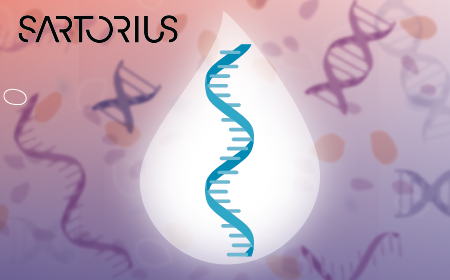
Scalable chromatographic strategies for mRNA and saRNA purification from IVT
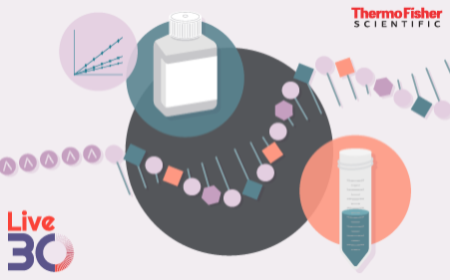
Process optimization of mRNA purification for vaccines and therapeutic applications
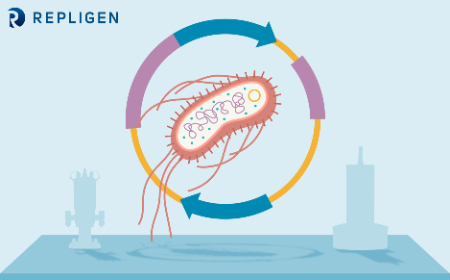
Precision in production: optimizing monitoring and quality control for high-value plasmids

